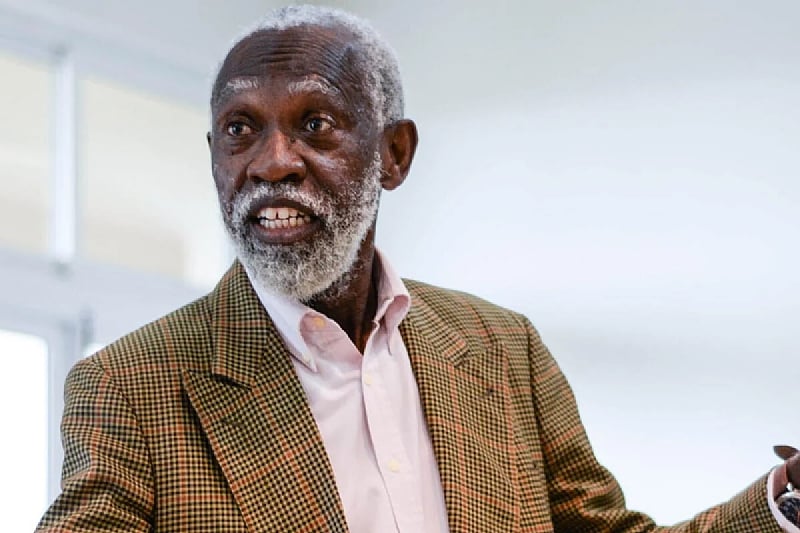Professor Stephen Adei’s assessment of President John Dramani Mahama’s initial 120 days in office paints a picture of cautious optimism. He commends the President for a “solid and promising beginning,” marked by decisive policy shifts, a streamlined government structure, and the revival of stalled criminal investigations. These actions, according to Prof. Adei, signal a commitment to reform and good governance, earning the President positive marks for his early performance. However, the professor’s praise is tempered by a healthy dose of realism, grounded in past experiences with administrations that initially showed promise but ultimately faltered. He emphasizes that a strong start is not a guarantee of long-term success and urges caution against premature celebrations.
Prof. Adei’s analysis highlights the importance of sustained effort and consistency in governance. He draws a parallel with the previous Akufo-Addo administration, which, he notes, also enjoyed a positive initial reception but later faced criticism for failing to maintain momentum and ultimately underperforming in its second term. This comparison serves as a crucial reminder that the true measure of a government’s success lies not in its early achievements, but in its ability to consistently deliver on its promises throughout its tenure. The professor’s message is clear: early success is not an end in itself, but rather a foundation upon which long-term progress must be built. The real test for the Mahama administration, he suggests, lies in maintaining this initial momentum and translating it into tangible, sustained improvements for Ghana.
The focus on policy reversals suggests a significant departure from previous approaches, indicating a willingness to re-evaluate existing strategies and implement new directions. This can be a double-edged sword, signifying both a responsiveness to changing circumstances and a potential lack of clear long-term vision. The reduction in government size, another key achievement highlighted by Prof. Adei, suggests a focus on efficiency and fiscal prudence, potentially leading to reduced bureaucracy and streamlined operations. However, it also carries the risk of impacting service delivery if not carefully managed. Finally, the reopening of criminal investigations signals a commitment to accountability and the rule of law, potentially restoring public trust and deterring future corruption. However, the success of these investigations will depend on their thoroughness, impartiality, and ultimately, the ability to secure convictions.
The cautionary tone adopted by Prof. Adei underscores the fragility of early successes. Political honeymoons are often short-lived, and public opinion can shift quickly if initial promises are not followed by concrete results. He stresses that maintaining the current trajectory will require not only continued effort but also a willingness to adapt and course-correct when necessary. The ability to acknowledge and address shortcomings will be crucial for sustaining public confidence and ensuring long-term success. The professor’s warning serves as a reminder that political leadership requires more than just good intentions and initial bursts of energy; it demands sustained commitment, adaptability, and a constant focus on delivering tangible results.
The hope expressed by Prof. Adei for the Mahama administration reflects the aspirations of many Ghanaians for a government that can deliver on its promises and bring about meaningful change. He underscores the importance of continuous improvement, urging the government to not only sustain its current momentum but also to identify and address any weaknesses or shortcomings that may emerge along the way. This emphasis on adaptation and responsiveness suggests that good governance is not a static achievement but rather a dynamic process that requires constant evaluation and adjustment. The professor’s call for a focus on “delivering the Ghana we want” encapsulates the desire for a government that is not just effective but also responsive to the needs and aspirations of its citizens.
In conclusion, Professor Adei’s remarks offer a balanced perspective on President Mahama’s early performance. While praising the positive initial steps taken by the administration, he emphasizes the importance of sustained effort, adaptability, and a long-term focus on delivering tangible results. His cautious optimism, tempered by the memory of past disappointments, serves as a valuable reminder that the true test of leadership lies not in initial promises but in consistent performance and a commitment to serving the best interests of the nation. The challenge for President Mahama is to build on this promising start and translate it into sustained progress, ultimately achieving the vision of a better Ghana for all.


